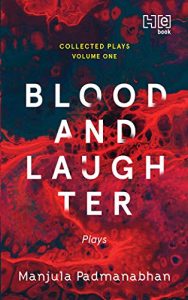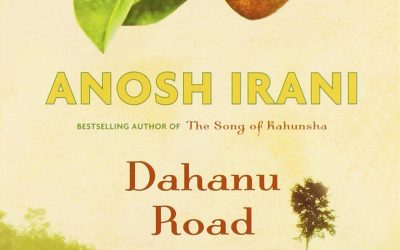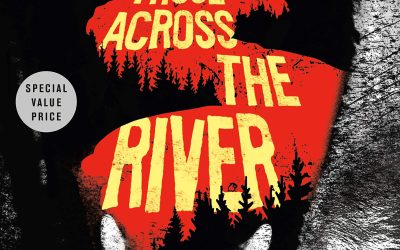
Award-winning playwright Manjula Padmanabhan’s collection of plays Blood and Laughter (Hachette India, 2020) traverses this line with nary a misstep, and uses the storytelling medium with aplomb and sure-footedness. With topics ranging from sexual assault to organ harvesting and from dowry to cut-throat, dog-eats-dog world of art, this collection makes for a satisfying literary experience both as standalone reading, as well as material for performance. Those who have interacted with Manjula, know that she looks upon creative writing as an interactive experience that shape-shifts from reading to reading. If there is a literary value to reading a play instead of watching it, it comes out of this dynamic reader-literature relationship that Manjula has worked with throughout her book.
Two writing choices that merit a mention before we talk about the plays individually. In the introductory note to her award-winning play Harvest, Manjula notes “Most of us are familiar with classic European dramas being reworked with Indian characters and contexts. In all of these, it is usually understood that the European is every person. In Harvest what I wanted to do was to switch that gaze around. I wanted to treat the Indian characters as Every Persons. My decision to write in this way, with almost no cultural signifiers was deliberate” This is a bold choice made by a writer confident of the writing standing on its own.
The second choice has to do with how the writer views her characters, especially as they face challenges. While dealing with social ills, often the protagonist is depicted as the literary version of pinata getting its stuffing kicked out of it, by a soulless society. This victim-oppressor binary simply refuses to differentiate between nuance and apologia. The characters in Manjula’s plays, whether the women contestants in a reality show where a wife-beating, dowry-seeking husband is the ultimate prize, or the poor urban couple becoming part of an organ harvesting racket, on the other hand, are men and women with certain moxy that is part street-smarts, part character. They are not merely instruments affected by their surroundings. This depiction of life as a complex-adaptive-system is not just an interesting interpretation of characters, but a more authentic one.
My personal favourite of this collection is The Artists Model, a satirical take on the narcissistic world of arts using closed-room mystery as a very interesting storytelling device. Three painters, at different career- stages of creativity and recognition, are lured with promise of a very large cash prize, only to find themselves locked in a room with no means to escape. Hilarity ensues as the egos of the artists clash amidst discussions about the enduring appeal of their respective works. The vanities, the tantrums that carry a decadently pleasant ring of truth, are by themselves worth the price of admission. The twist at the end makes the closed-room device all the more satisfactory.
The Mating Game Show , where a game show decides the life partners for women is perhaps the most complex and ambitious of this collection. While Manjula’s exploration of characters is as authentic as ever, the topic of dowry itself has undergone many changes since the time this play was first written in 1980s, and while I will be the first one to argue against expecting a storyteller to tell all sides of a story, I do wonder if the material could do with rewrite keeping the societal changes in mind.
Harvest, winner of the prestigious Onasis cultural prize, also the longest play in the book, has a dystopian futuristic setting. Like all futuristic fiction (and Manjula has tried her hand at this category both through plays as well as novels like the critically acclaimed Island of Lost Girls), Harvest derives its power through its characters, their aspirations, and how events not in their control change them even as they continue following these aspirations. The futuristic setting contrasts nicely with the working-class background, and the fact that Manjula takes us through the world without once milking the misery for creative brownie points, lends immense credibility to the material.
Astro-Nuts and Consequences that deal with more global issues like future of mother earth and what the writer describes as ‘belonging and unbelonging’ are on the shorter side, with the former a very firmly tongue-in-cheek telling of delegates representing various communities meeting in a place called (what else!) The Hall of Decisions, while the latter, written in 2014, combines the tricky issue of race relations (in a way) with shades of #MeToo. Such densely loaded complicated recipes can end up becoming preachy or confusing, however, the plays explore these subjects with economy and truthfulness.
As I mentioned at the beginning, this form of fiction-writing can either be used as a powerful microscope that forces the reader to turn inwards, or simply as a soapbox for the writer to climb atop and sing ‘it’s a sad, sad situation and it’s getting more and more absurd’. In an increasingly noisy world where hysteric virtue signalling is often mistaken for lived experience, Blood and Laughter stands as a delightful, hysteria-free exploration of the human mind in the times we live in. Recommended!




0 Comments